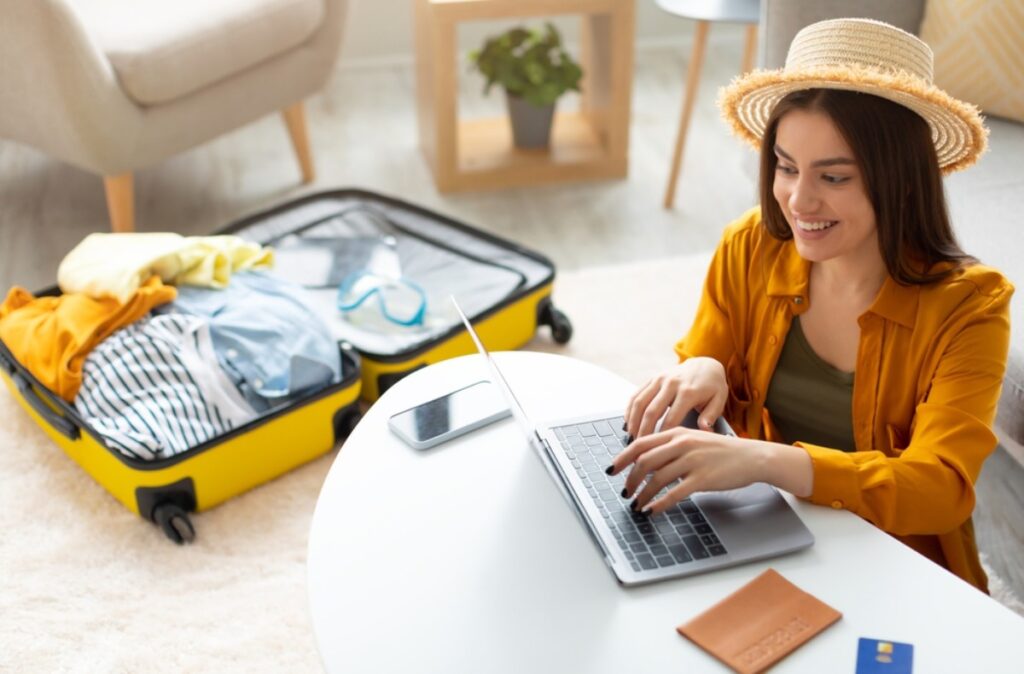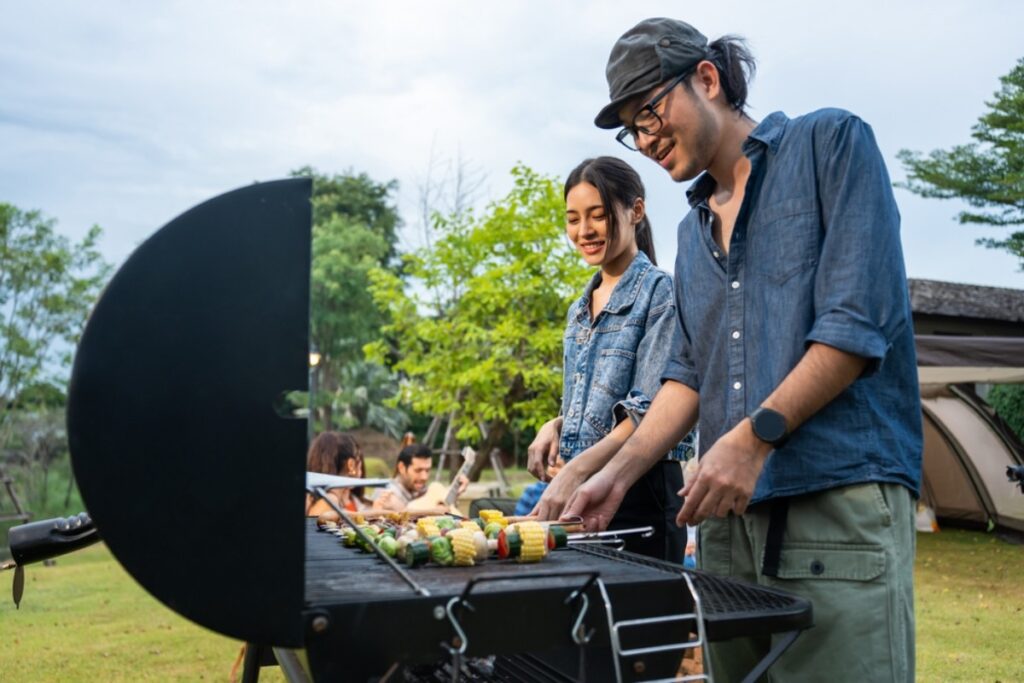15 Things People Do That Always Ruin Group Trips
Traveling with friends or family can lead to unforgettable moments. But group vacations also come with unique challenges that can catch you off guard.
Small habits and choices can make a big difference in how smoothly things go. Being mindful of your actions helps keep the trip enjoyable for everyone.
Ignoring everyone’s vacation preferences

It’s easy to focus on your own interests and forget others may want something different. Some might prefer relaxing, while others want to explore or stay active.
Ask your group what they want from the trip. Open communication helps you understand each person’s priorities and find a balance.
Build flexibility into your schedule so people can choose activities that suit them. This way, everyone feels included.
Not setting a clear budget upfront

If you don’t agree on a budget before the trip, money worries can creep in fast. Different spending habits can cause tension among the group.
Talking openly about money early on helps everyone feel comfortable. Decide together what kind of trip you want and what expenses are reasonable.
Clear budgeting helps you plan better and avoid surprises. Setting a budget upfront keeps the focus on enjoying the trip.
Failing to communicate expectations

Not sharing your plans or preferences clearly leads to confusion. Everyone might assume different things about activities or schedules.
Talk before the vacation about what you want to do and how flexible you are. Setting expectations early makes it easier to respect each other’s needs.
Clear communication is about listening as well as talking. A simple chat before you go can save you from misunderstandings later.
Overpacking for the trip

Bringing too much can lead to heavy bags and cramped spaces. This slows down everyone and creates unnecessary stress.
You also take up space others might need. Keeping your packing light makes travel easier for everyone.
Pack versatile clothes that can be mixed and matched. Limit yourself to essentials and plan outfits ahead of time.
For practical advice on how to avoid overpacking, check out this guide on how to avoid overpacking for a trip.
Not planning downtime or breaks

It’s tempting to fill every hour with activities. But not scheduling downtime can leave your group feeling drained.
Build in short rests during your days. Even a 15-minute break can help everyone recharge.
Vacations are also about relaxing and recharging. Including regular breaks lets you soak in new surroundings without rushing.
Ignoring dietary restrictions

Overlooking dietary restrictions can create unnecessary stress for those with specific needs. People may feel left out if they can’t find safe or enjoyable food options.
Ask about allergies, intolerances, or preferences early on. This helps you plan meals or choose restaurants where everyone can eat.
Being mindful shows respect and avoids awkward moments. You can also encourage sharing recipes or food ideas ahead of time.
Leaving one person to handle all planning

Organizing a group trip alone can quickly become overwhelming. When one person handles everything, it adds a lot of pressure.
Involve others early on. Ask your group to help research or suggest activities.
Planning works best when everyone contributes. Distributing responsibilities makes the experience smoother.
Skipping group meetings before the trip

Skipping pre-trip meetings often leads to confusion. When everyone isn’t on the same page, expectations can clash later.
A quick group chat helps you all agree on plans. It’s the best way to avoid surprises and last-minute stress.
Group meetings let everyone voice their preferences. This way, you can create a plan that feels good for everyone.
Assuming everyone has the same energy levels

Not everyone has the same stamina. Some want to explore all day, while others need frequent breaks.
Pushing the group to keep up with the most energetic members can wear others out. This can lead to frustration.
Being mindful of different energy levels helps you plan activities that suit everyone. Pausing regularly gives the group a better chance to recharge.
You can prevent burnout by communicating and adjusting plans as needed. For more on travel fatigue and how to manage it, see tips on overcoming travel weariness.
Not having a plan for resolving conflicts

Without a clear way to handle disagreements, small issues can quickly grow. Group vacations are full of different personalities and opinions.
Having a simple plan for resolving conflicts keeps things calm. Agree to listen respectfully and avoid blaming each other.
Being prepared with some basic conflict resolution habits can make a big difference. It lets you focus more on enjoying the trip.
Forgetting to rotate responsibilities

Letting the same people handle all the tasks can lead to burnout. Some members may feel overwhelmed while others feel left out.
Sharing duties like booking or organizing meals keeps everyone engaged. It also spreads the workload fairly.
Try setting up a simple rotation system before the trip starts. This keeps things running smoothly.
Fair responsibility helps keep good vibes and prevents tension among friends or family.
Sticking rigidly to one person’s itinerary

Sticking too closely to one person’s plan can make others feel left out. Group vacations work best when everyone’s interests get a chance to shine.
Try to build time for spontaneous activities or suggestions from others. This way, everyone feels included.
Being rigid with the schedule might seem organized, but vacations can be unpredictable. Allowing some wiggle room reduces stress.
Ignoring personal space needs

Everyone has different comfort levels with personal space. Getting too close or constantly crowding someone can cause stress.
Respecting personal space helps keep the mood light. If you notice someone stepping back or seeming uncomfortable, give them more room.
Some people may need more distance, especially after being in close quarters for a long time. Paying attention to these cues shows you care.
Taking small steps, like avoiding bumping into people, can make a big difference.
Failing to discuss transportation logistics

Overlooking transportation planning can lead to confusion and delays. It’s easy to assume everyone has a plan, but that’s rarely the case.
People may arrive at different times, or cars might not have enough space for all the luggage. This can create stress before the trip even starts.
Clear communication about who is driving, where to meet, and how costs will be shared helps keep things smooth. If you’re flying, coordinating arrival times and airport pickups avoids long waits.
Discussing transportation logistics early also prevents misunderstandings that might affect group harmony.
Overloading the schedule with activities

Packing too many activities into a trip can quickly drain the group’s energy. Constantly moving from one event to another leaves little room for relaxation or spontaneity.
Everyone needs some breathing space to recharge and enjoy the moments without feeling rushed. Allow for flexible periods during the trip where people can rest or explore at their own pace.
Trying to fit every possible activity into your schedule increases pressure on everyone involved. Instead, focus on a few key experiences that matter most to the group.







